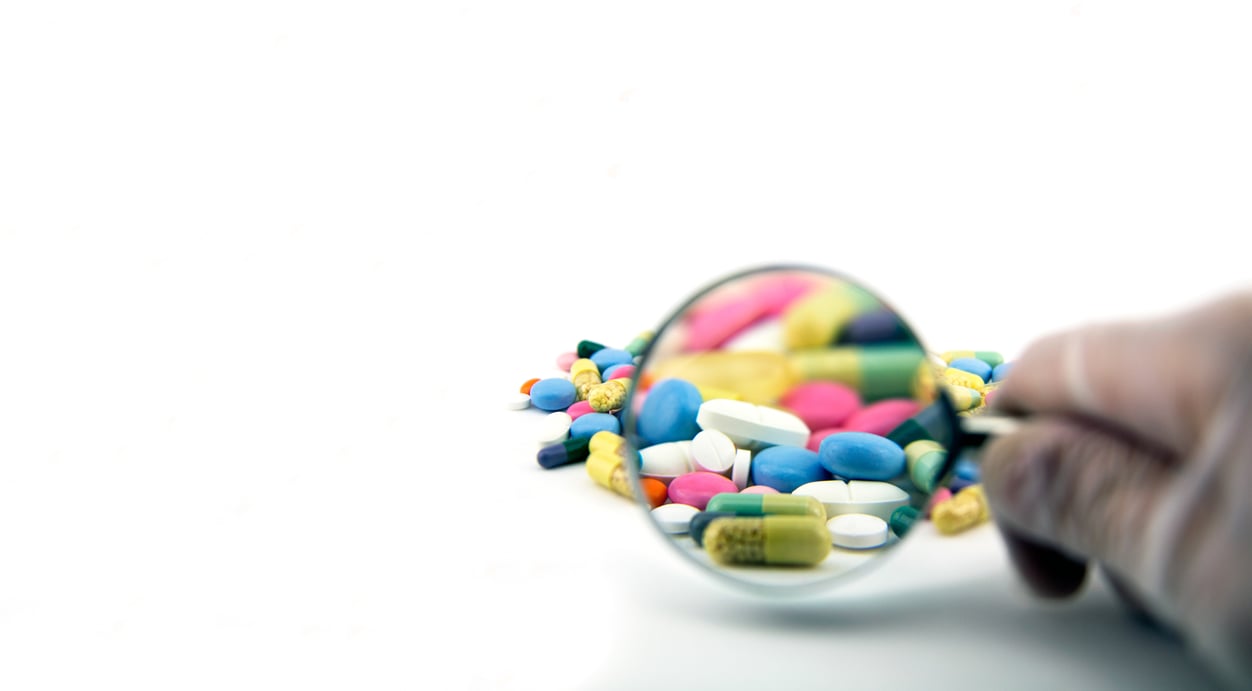psychedelics
Why MDMA could still have a shot at FDA approval

Adobe
The possibility that the FDA will approve MDMA therapy for post-traumatic stress disorder isn't quite gone yet. Earlier this month, an advisory committee resoundingly agreed the FDA should refuse the psychedelic's application come August. Yet the founder of the drug's sponsor is still bullish, believing the FDA is more likely to ignore its committee's advice. His view isn't just based on optimism, but decades of advocacy, over which time the FDA has become remarkably open to psychedelics research despite serious research challenges, reports my colleague Olivia Goldhill.
Her article traces the history of regulators' attitudes, progressing from stigma from the '70s drug wars to recent years, in which the agency has signed off on remarkably small Phase 3 trials despite a lack of functional blinding — meaning the majority of both patients and likely therapists know who's received placebo versus MDMA. She identifies key players within the FDA who've made the push, resulting in a regulatory landscape where the agency is more open to these studies than many others in psychiatry. More here.
the obesity revolution
GLP-1 drugs make you feel full at the very smell or sight of food
A fascinating GLP-1 update from STAT's Megan Molteni: As more and more people are being prescribed metabolism-correcting, weight-moderating drugs like Ozempic, Wegovy, and Mounjaro, a growing number of scientists are focusing their research on understanding how, exactly, this powerful new class of medicines is curbing appetites. New research published Thursday in Science shows that GLP-1 drugs dial up feelings of fullness in the brain even before people begin eating — at the first sight and smell of food.
"People have been saying they feel like that, but it had never been scientifically measured before," Hyung Jin Choi, one of the study's senior authors, told Megan. The research team — a collaboration between Seoul National University and University of Texas Southwestern — also discovered a neural circuit in the brains of mice and humans that interacts with GLP-1 drugs to drive these food desire-dampening effects, shedding light on the possible mechanisms underlying them.
HEALTH TECH
A New Jersey hospital group brings the hospital home, with or without Congress' approval
In 2020, Medicare started a pilot program allowing hospitals to treat some patients at home. Early studies found the care was comparable to that received in the hospital — plus patients loved sleeping in their own beds. The program is now being considered for a five-year extension, but like other remote health care initiatives, Congress is unlikely to make its approval permanent at the moment.
New Jersey-based Hackensack Meridian Health, though, announced an expansion of the program — called Hospital From Home — to all of its 18 hospitals, writes Mario Aguilar in STAT's biweekly Health Tech newsletter (if you aren't a subscriber yet, here is where to fix that). Proponents of the model say it will eventually be possible to treat 20% to 30% of patients at home. Read more.


No comments